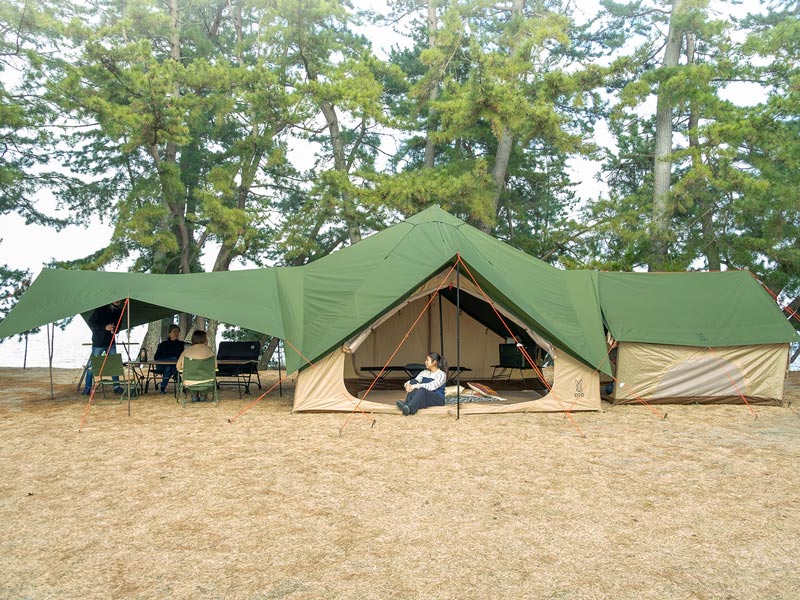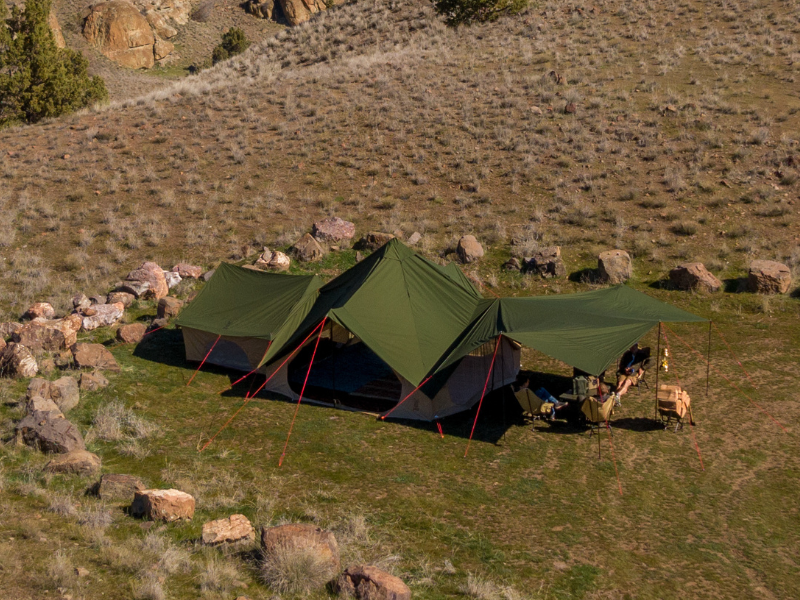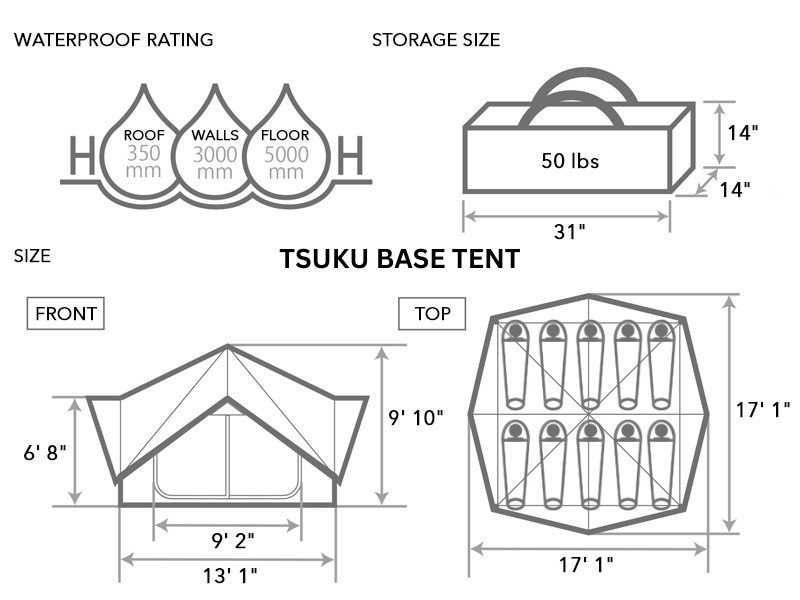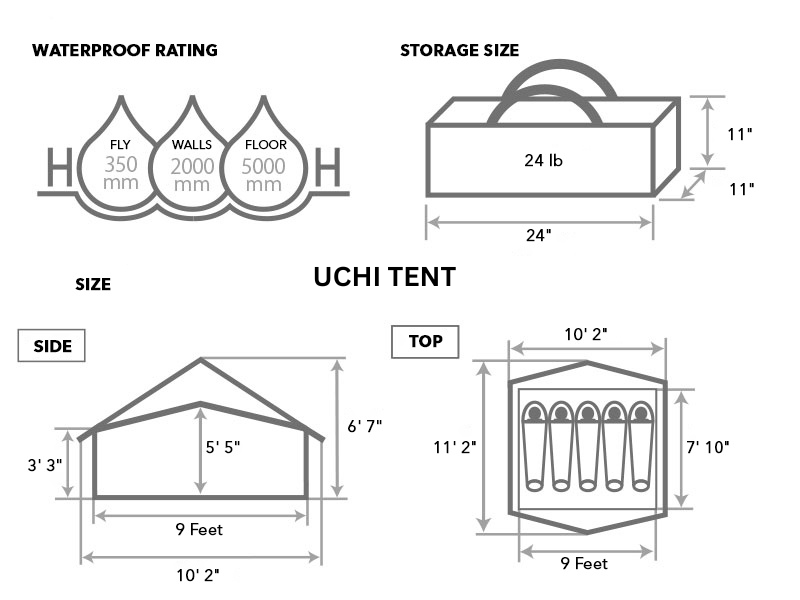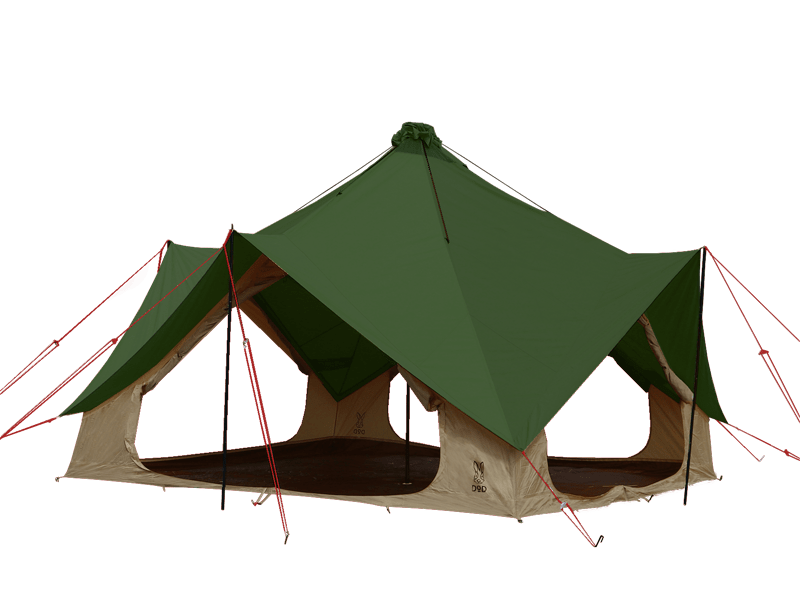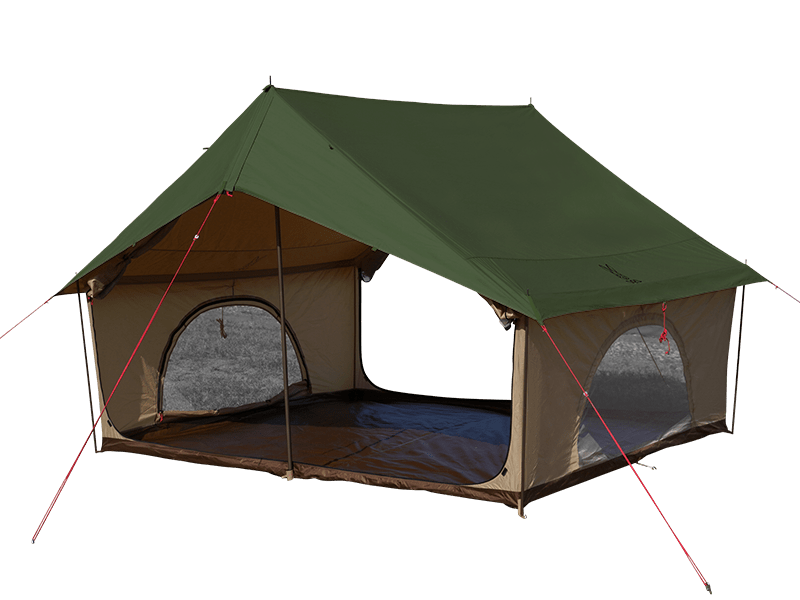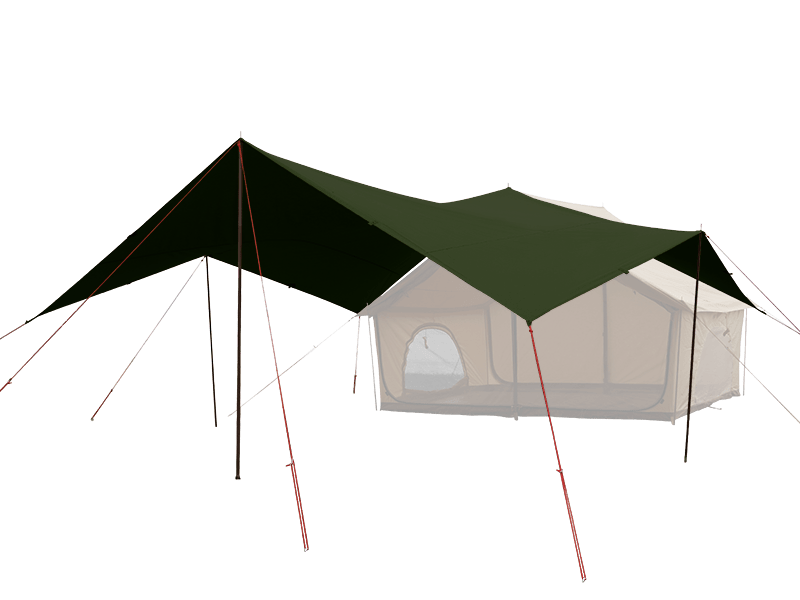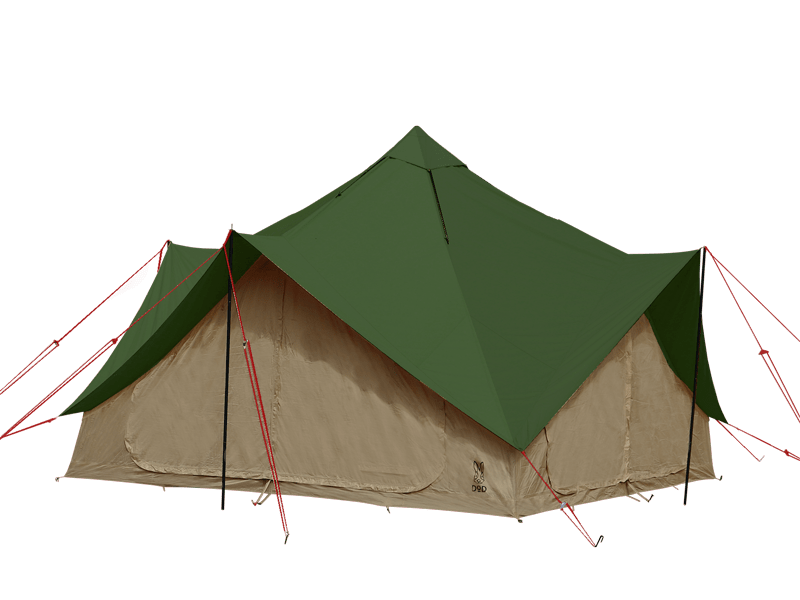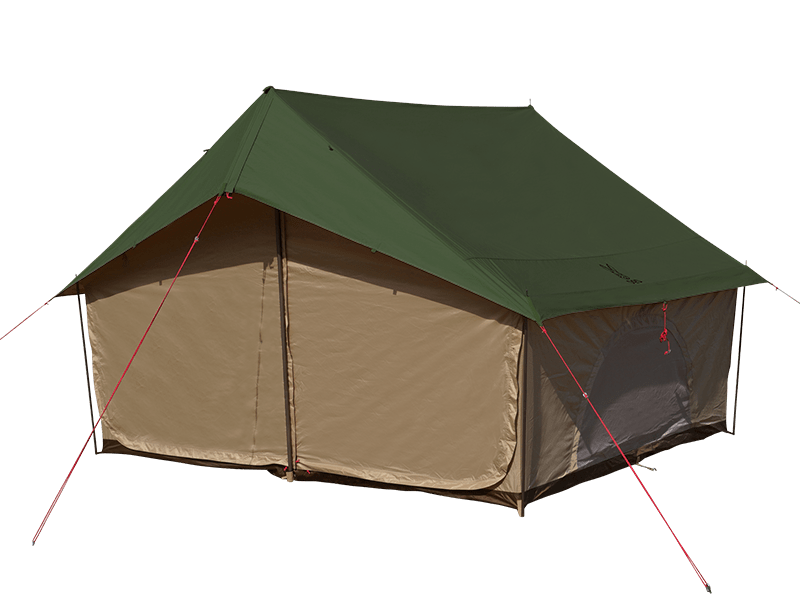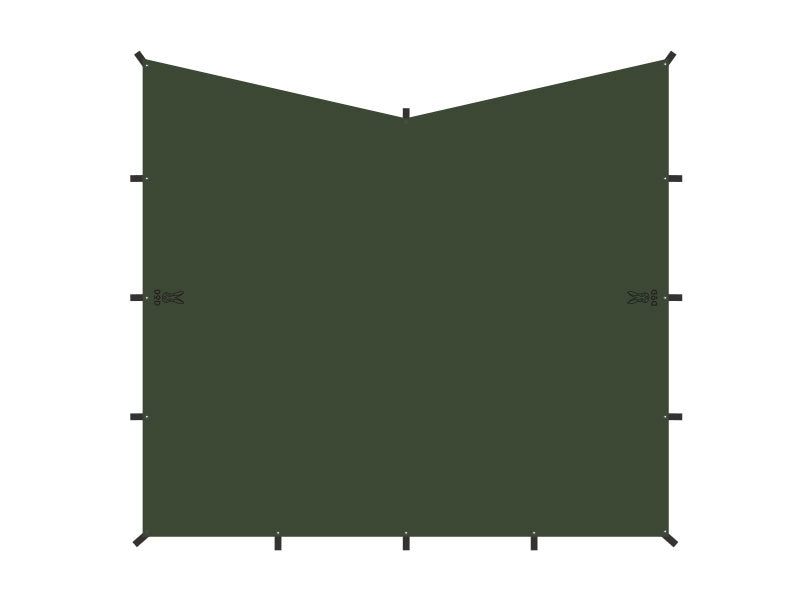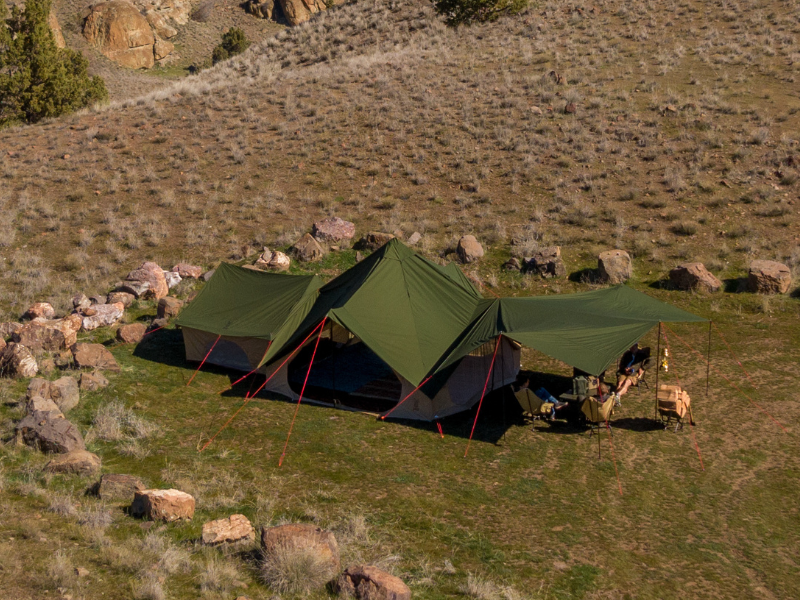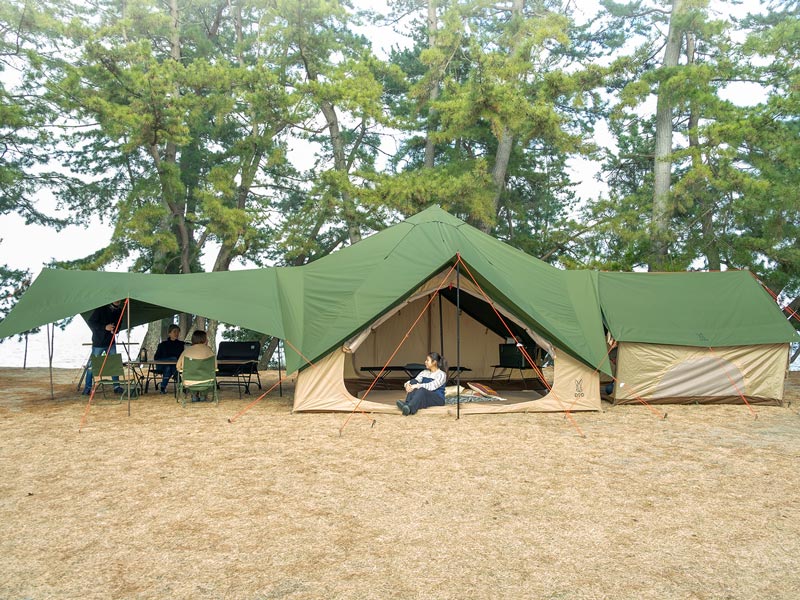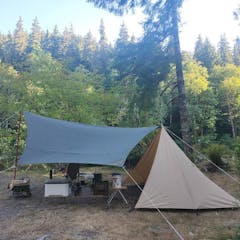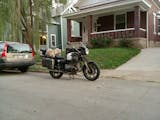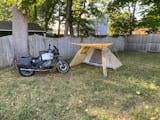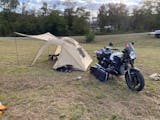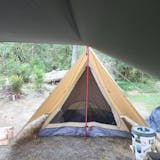I absolutely adore this compact and versatile little barrow. It will be an ideal companion when I have a substantial amount of additional gear to transport to the campsite from the loading area.
Fantastic tent, for moto travel, packs on the bike nicely, super easy setup, super easy teardown, enough space to hang out, relax, and even cook if needed. Everything worked as it should. I used a small cot in mine on the last week-long trip. I don't recommend this, as I ended up with my feet pressed against the tent material, which resulted in cold, wet feet the next morning.
Could be used to cover a typical naked bike from inclement weather, or if you had to do maintenance out on the road; Though you'd need to remove the sleeping space to get the whole bike in (a big adventure bike will definitely not fit)
The only complaint I have is that the stakes that came with it seem to be made of half-melted chocolate and bent almost immediately, plus they didn't even fit through the eyelets in the tent anchor points. I found this annoying because even though it's a free-standing tent, you need the stakes to set up the awning as well as get the whole system taught enough to stop condensation from pooling anywhere.
This tarp is very high quality and looks great in black. Kept me dry in three days of rain. The price is amazing considering it also contains the poles, extension belt, and stakes as most other companies sell those separately. This has everything you need in the bag to set up. Highly recommended.
I love this tent. Very fun to use in conjunction with a tarp. Very easy set up and loads of room for a solo camper. It looks very unique but classic at the same time. I had several campers stop by to ask about my set up. It packs down small too. Just all around a great little tent for solo camping.


